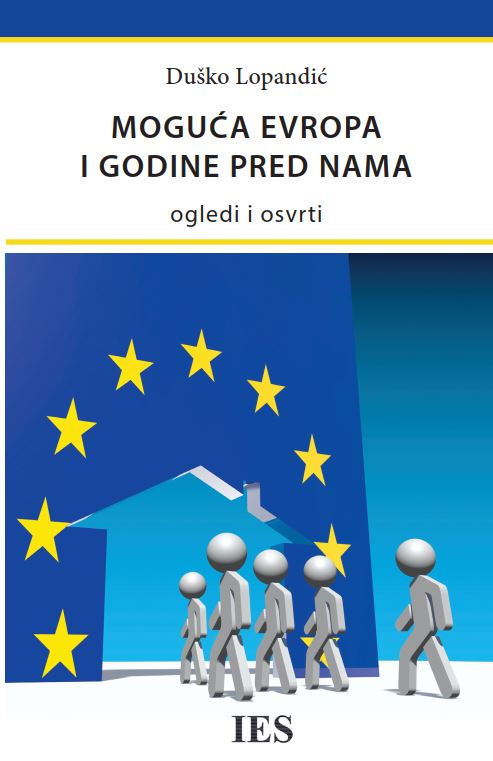… With Brexit, Europe enters the period of deeper transformation that could be compared with great changes in the nineties of the last century that have drastically reshaped the European geopolitical landscape. Thus far, Brexit had no domino effect, even though the “neverending crises” (migration issues, problems in the Eurozone etc) have deeply shaken the Union by dividing its members along multiple lines – but they did not break it, showing, besides everything else, the long-term resilience and vitality of the European project. Still, with the exit of the United Kingdom we can speak no more about the future united Europe, of an “ever closer union of European states”, nor of the EU as a bedrock of the general unity in the European continent.
…
The XXI century has brought new opportunities and regenerated the hopes of social development, normalization of Serbian society, modernization and inclusion in wider international currents, in renewed, fourth process of europeization, this time within the European Union. With the strains of modernization, in front of Serbian politics there is a challenge of finding the right formula for long-term resolution of relations with neighbours, in a complicated ethno-state mosaic of the region of post-Yugoslav space, rearranged into a number of smaller, mainly economically week and socially unstable states. Still, as Ortega y Gasset said: “Nations are not strong due to their common past but due to their common future”.
…
Virtual – verbal twitter civilization introduces new ways that generate political movements onto which it distributes and translates influence, power and authority. The verbal VV civilization not only changes the style of the everyday life and the experience of reality, but strongly influences political processes and represents a new way by which the political influence arises. Restoration of the faith in a spoken word and the decline of critical rationalism lies in the basis of the political process that leads towards the domination of populism. The power in verbal culture is based on sending and receiving emotionally charged messages, words or pictures (radio, TB, interview, commercials, twitt, tabloid newspaper), not on the writing of the stated idea (book, pamphlet, program). Virtual reality reduces the potential of the objective analysis.
From the review:
“The compilation of articles, reviews ans essays that Duško Lopandić has published between 2016 and 2018 and the lays before the reader, covers a wide spectar of themes that are closely connected…. In these essays, in short and convincing analyses there is a picture of different visions and scenarios for exiting the multiple crises, different interest groupings in the EU… With ease, that resembles a complex machinery where in the multitude of parts a single, seemingly insignificant part can disrupt the harmonius operation of the whole. And yet, the whole has constantly to evolve and adjust and it is the only way of survival”
(Dr. Jelica Minić)

